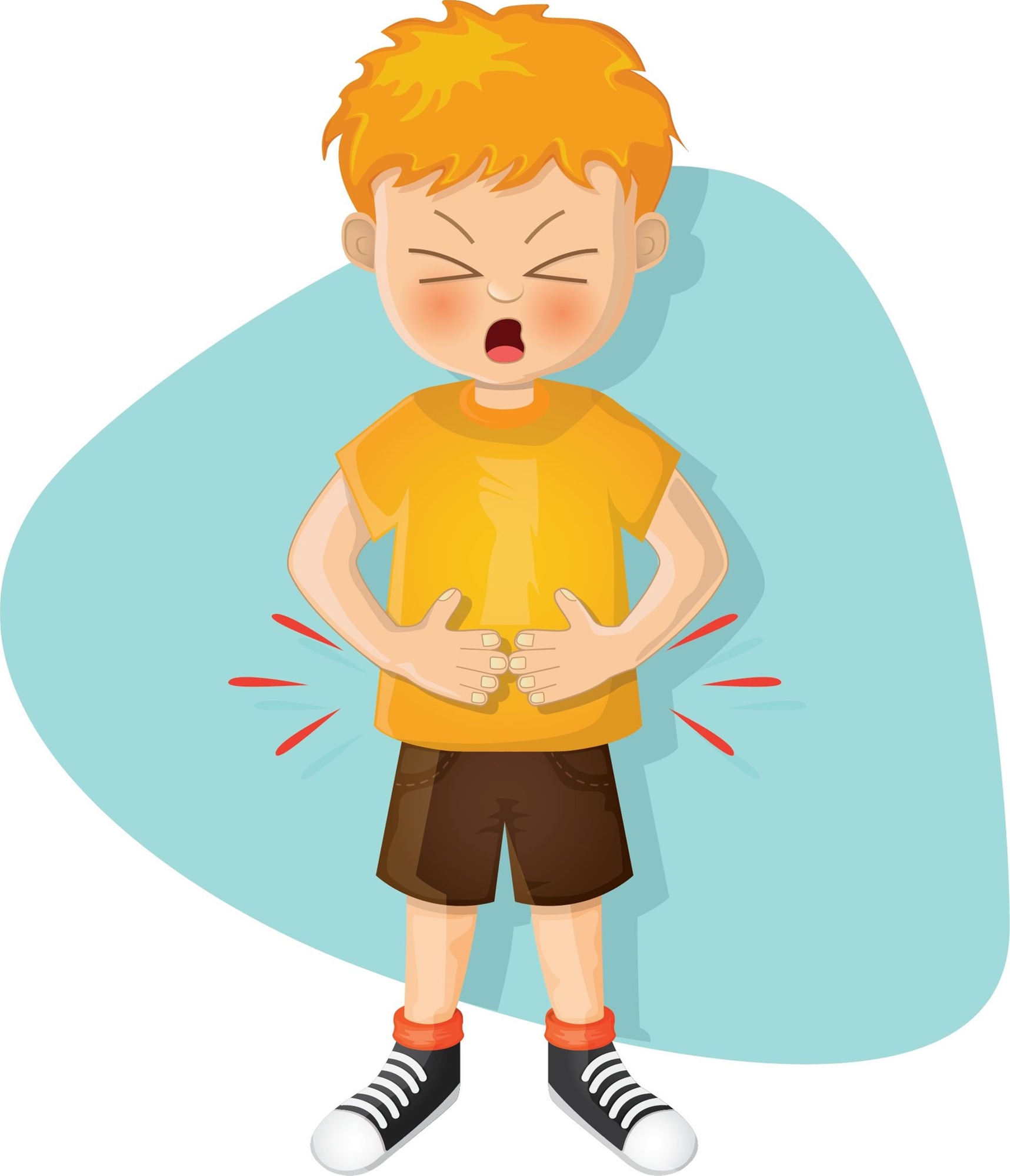Abdominal pain refers to the lesion in organs inside and outside of peritoneum caused by various reasons, which signs are shown as abdominal pain.
The cause of disease could be quite complicated, including inflammation, tumor, hemorrhage, blocking, perforation, trauma, and failure.
Abdominal pain can be divided into acute and chronic. Acute abdominal pain features variation and fast development, which could result in severe consequences once delayed in diagnosis, and cause death in some cases. Chronic abdominal pain could be caused by various reasons, making it quite difficult for diagnosis sometimes.

Level and Signs of Abdominal Pain
Abdominal pains are clinically common symptoms and also the reasons prompting patients to seek for medical treatment.
The characteristics and intensity of abdominal pain are not only subject to the influence from conditions of lesion and level of stimulation but also the nerve and psychological factors. Namely, patients perceive differentiation in terms of sensitivity to pain stimulation, where the stimulation of the same lesion may vary in terms of the characteristics, intensity and continuous time caused by abdominal pain in different time of different patients or the same patients.
Cause of Abdominal Pain
- Abdominal organs inflammation
Commonly seen in acute gastritis, acute enteritis, acute hepatitis, acute cholecystitis, acute pancreatitis, acute appendicitis, acute peritonitis, and acute pyelonephritis.
- Abdominal organs perforation
Commonly seen in stomach associated with peptic ulcer disease, perforation of gastric carcinoma, and gastrointestinal perforation.
- Abdominal organs obstruction or twisting
Commonly seen in gastric prolapse, acute colonic obstruction, biliary tract ascariasis, gallstones, kidney and uretoral stones, and ovarian torsion.
- Abdominal organs rupture and hemorrhage
Commonly seen in liver and spleen rupture, and ectopic pregnancy.
- Abdominal organ vascular diseases
Commonly seen in Mesenteric vein thrombosis and obstruction, hepatic portal system, spleen infarction, renal infarction, abdominal aneurysm, and abdominal aortic dissection.
- Other diseases
- Acute gastric dilation
- Dysmenorrhea.
- Chest diseases – i.e. pneumonia, pleurisy, and acute myocardial infarction.
- Intoxication and metabolic disorder disease – i.e. Metal toxicity, diabetes ketoacidosis and uremia.
- Abdominal epilepsy
- Neurosis.
Common Examinations
- Blood biochemistry test.
- Urine and bowel test.
- Regular and biochemistry test for peritoneocentesis fluid.
- Abdominal X-ray check.
- EKG.
- Ultrasound, CT or MRI.
- Endoscopy.
- Endoscopic retrograde cholangiopancreatography (ERCP) or percutaneous transhepatic cholangiography.

